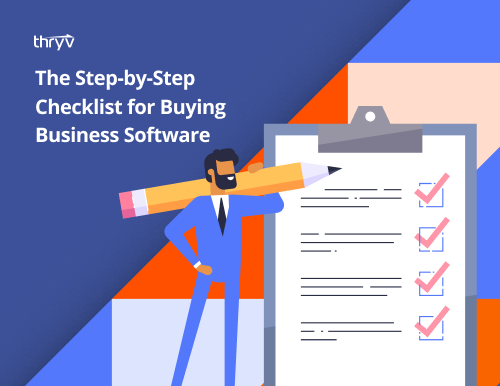Businesses that endure through economic downturns have one thing in common. They continue innovating, even in times of crisis.
When others pull back, successful companies dig in their heels.
I know, right now this sounds crazy. But hear me out.
The Great Depression of 1929 rocked the film industry. They’d just innovated the new talking movie, but suddenly consumers lacked disposable income to spend on the movies. So, theaters cut prices by 50%, and they introduced double features to stay afloat. Although box-office revenue tanked to $480 million in 1933, the movie industry rose back to $810 million by 1941.
During the stock market crash of 2008, only a handful of companies grew through a recession. While a majority of the winners were quick-service food and discount retailers (no surprise there), technology companies were steadily growing as well. Giants like Apple and Netflix…to name a couple. And ever heard of the Kindle? Amazon released its version of the e-reader in 2007 and sold 500,000 in 2008 despite the recession.
My point is, even in times of recession, Americans endure. Entrepreneurs endure. And the best companies work hard to stay in business so they can help everyone come back stronger.
Large Companies React to COVID-19
Companies around the world are doing their part to support businesses and families impacted by the COVID-19 pandemic.
- Google established a COVID-19 fund for certain employees to take leave if needed.
- Amazon is hiring 100,000 more workers and giving raises to current staff.
- Starbucks has extended its mental health benefits.
- UberEats and DoorDash waived commission fees for independent restaurant partners and small businesses.
- Amazon and Microsoft established a $5M joint fund (with the possibility of more) to support those afflicted by COVID-19 in their headquarters city, Seattle.
We released Thryv Adapt, a pick your price version of our essential software. And our friends at the Thryv Small Business Foundation offered grants to entrepreneurs in need of assistance.
A Time of Crisis, A Time to Innovate (If You Can)
Like I said earlier, now is not the time to stand still.
At Thryv, we believe in the perseverance of our small business clients and of our own team. And we know we’re fortunate to be in a business that affords others tools they need to work virtually, when that need is now higher than ever.
That’s why I’m excited to announce that on schedule, while working hard to support our clients and the small business community, we’re also introducing the Thryv App Market — today.
It certainly didn’t happen overnight. Thryv has been working for 12 months to establish a robust API kit to transform Thryv from a closed platform into an open platform. What this means is, Thryv can now integrate seamlessly with other software tools our users rely on every day.
The following apps are already available:
- Quickbooks Online
- Constant Contact
- Zoom
- Jotform
- Chrome Notifier
There’s so much more to come.
Soon, we’ll also add the following apps to our marketplace:
- Quickbooks Desktop
- Yext Advanced
- MailChimp
- Transunion
- Indeed
- Clover
Any of those sound familiar?
Our goal here isn’t to operate business as usual despite the crisis. Our goal is to make the software that’s now become essential in a near-virtual work environment as robust as it can be for every user. We’re in this together.
Which apps should we incorporate next?






